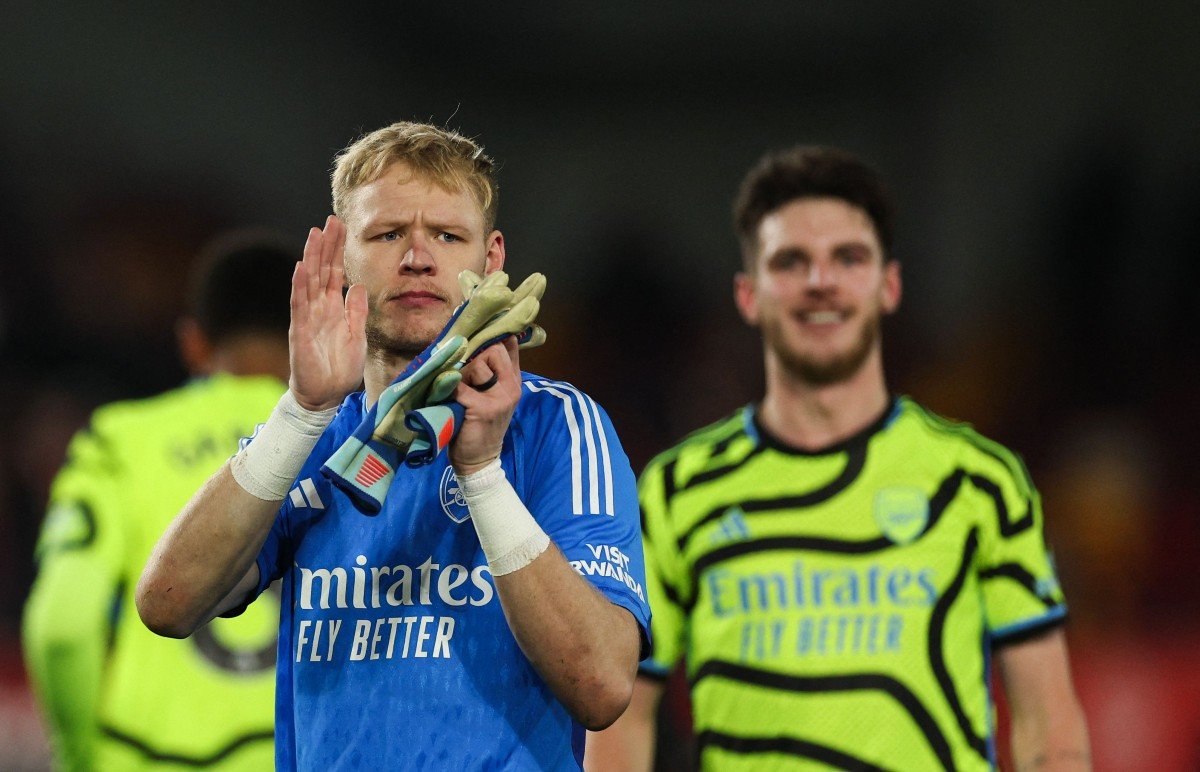
Newcastle United were incredibly active around the Profit & Sustainability Rules (PSR) financial deadline of June 30, confirming some significant changes to Eddie Howe’s squad.
The Magpies were one of several Premier League clubs understood to be in need of money before June 30 to avoid any PSR breaches that could have led to points deductions next season.
With the immense financial pressure building as the deadline inched closer, reports began to emerge of Chelsea‘s interest in striker Alexander Isak and Liverpool‘s desire to sign winger Anthony Gordon, with clubs clearly feeling as though Newcastle may be forced into agreeing to an unwanted sale.
However, their immense transfer spree is now believed to have put an end to any fears of losing superstar players like Isak, Gordon or midfielder Bruno Guimaraes.
The first confirmation was for Elliot Anderson’s switch to Nottingham Forest. The 21-year-old academy graduate heads to the City Ground for a whopping £35m, with goalkeeper Odysseas Vlachodimos moving to Newcastle in the opposite direction.
Next up was the sale of Yankuba Minteh. The 19-year-old winger, who impressed last season on loan with Arne Slot’s Feyenoord, joins Brighton & Hove Albion for a fee of over £30m. Minteh leaves Newcastle without playing a single game for the Magpies.
With all that money coming in, a deal to sign the versatile Lewis Hall from Chelsea was finally made official.

Hall, a natural midfielder whose limited senior minutes have come at left-back, joined on loan from Chelsea last summer in a deal which included a £28m obligation to buy if Newcastle finished above 14th in the Premier League.
The 19-year-old, a boyhood Newcastle fan, played 22 times in all competitions last season, including a late cameo appearance in the 4-0 win over Tottenham Hotspur in late April which saw Newcastle trigger his obligation.
Newcastle’s fun did not stop there, however, with veteran goalkeeper John Ruddy inking a contract after his exit from Birmingham City.
Importantly, any deals announced after June 30 can still be declared on the previous year’s financial records, assuming clubs can prove a genuine attempt to get a deal done before the deadline.






